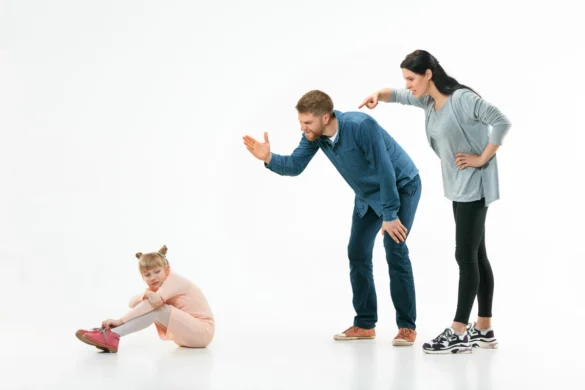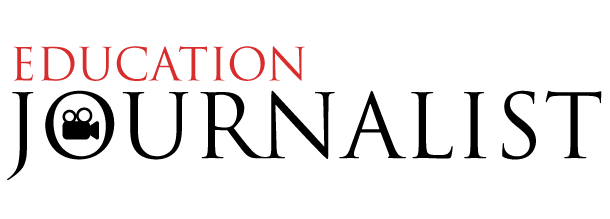According to a recent study, verbal abuse by parents, teachers, coaches, and other adults can be just as harmful to children’s development as sexual or physical abuse. A thorough analysis of the current literature on the subject was produced by the study, which was published in the journal Child Abuse & Neglect after reviewing 166 earlier papers.
To aid in prevention, the authors demanded that verbal abuse of children be given its own category of maltreatment. This study can help develop prevention and treatment plans. Child maltreatment is currently divided into four categories: physical abuse, sexual abuse, emotional abuse, which includes verbal abuse, and neglect.
Researchers identified verbal abuse as being more “overt” than other types of emotional abuse, such as apathy, quiet treatment, and witnessing domestic violence, and concluded it “warrants special attention.”
The details of the study
The study was carried out by academics at Wingate University in North Carolina and University College London and was commissioned by Words Matter, a British organisation that seeks to enhance children’s health by putting an end to verbal abuse.
The study’s lead author and head of Wingate University’s Master of Public Health Programme, professor Shanta Dube, said in a statement that childhood verbal abuse must be recognised as a subtype of abuse due to its lasting detrimental effects.
The study, which looked at the effects of shouting by adults like parents, teachers, and coaches, cited a number of studies that suggested that verbal abuse during childhood can have long-term effects on mental distress like depression and anger, externalising symptoms like crime, drug use, or abuse, and physical health outcomes like obesity or lung disease.
What does the founder of Words Matter have to say?
Words Matter’s founder, Jessica Bondy, emphasised the significance of understanding “the true scale and impact of childhood verbal abuse.”
In a statement, she added that “all adults get overloaded sometimes and say things unintentionally.” In order for children to thrive, we must come up with strategies to recognise these behaviours and put an end to adult verbal abuse of children.
WHO states
According to the World Health Organisation in 2014 and four other papers cited in the new study, a potentially significant “shift in childhood abuse may be occurring,” as the prevalence of childhood emotional abuse has increased while physical and sexual abuse has decreased.
The “need for consistency” in identifying children verbal abuse was also emphasised by researchers so that its “prevalence and impact can be appropriately measured, and interventions can be developed.”
Resources on the Words Matter website urge people to consider before speaking and to give themselves time to mend relationships with children after saying something cruel. They also urge adults to refrain from shouting, insults, putdowns, or name-calling while speaking to children.
While some kids react differently to being yelled at, toddlers are likely to simply take in the frustration and not the actual content of the yell.



